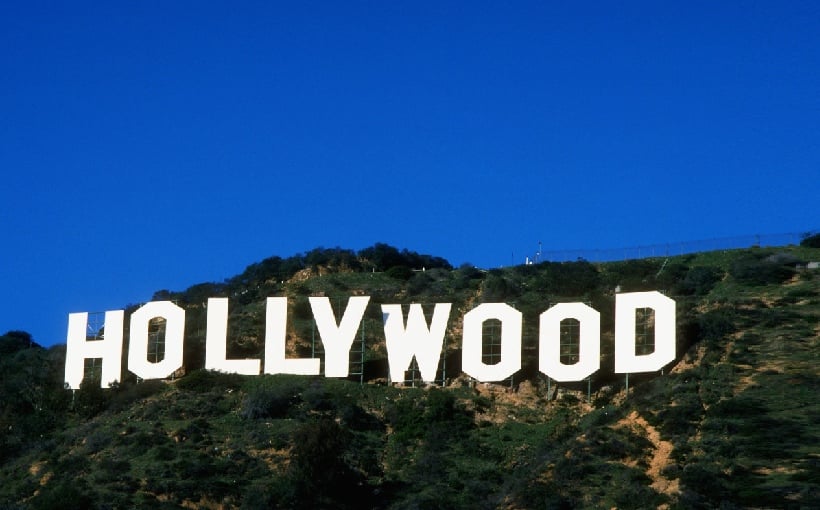The actors’ strike against media companies has ended after nearly four months, with SAG-AFTRA approving a tentative deal with the major studios. The union’s national board is expected to review the contract on Friday.
Both Los Angeles Mayor Karen Bass and California Gavin Newsom expressed relief that the 118-day walkout is over. “Now, we must lean in on local production to ensure that our entertainment industry rebounds stronger than ever and our economy is able to get back on its feet,” Bass said in a statement.
Newsom said, “This tentative agreement will benefit our economy statewide and kickstart a new wave of exciting projects. I am thankful that we can now get this iconic industry back to work, not only for our writers and actors, but also the more than two million workers who power our world-class entertainment sector.”
However, together with the even longer walkout by the Writers Guild that ended in September, the actors’ strike led to nationwide upheaval in film and TV production and release schedules. Executives at studios and exhibition companies alike warned that the full impact has yet to be felt.
AMC Entertainment said in its third-quarter earnings announcement, “There has been and will be much collateral damage from these lengthy work stoppages.”
At Warner Bros Discovery, CFO Gunnar Wiedenfels said on the company’s Q3 earnings call that that there is “a real risk at this point that some negative financial impact of the strike will extend into 2024 to some extent.”
Citing data from the U.S. Bureau of Labor Statistics, the Los Angeles Times reported that more than 45,000 jobs have been eliminated from payrolls in the entertainment and sound recording industries since last spring. The Times reported that the dual strikes have caused an estimated $7 billion in economic damage, according to Todd Holmes, associate professor of entertainment media management at Cal State Northridge.





